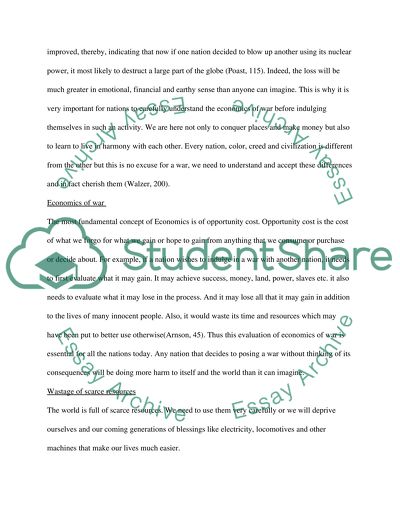Cite this document
(“Economics of war Research Paper Example | Topics and Well Written Essays - 2000 words”, n.d.)
Retrieved from https://studentshare.org/family-consumer-science/1424719-economics-of-war
Retrieved from https://studentshare.org/family-consumer-science/1424719-economics-of-war
(Economics of War Research Paper Example | Topics and Well Written Essays - 2000 Words)
https://studentshare.org/family-consumer-science/1424719-economics-of-war.
https://studentshare.org/family-consumer-science/1424719-economics-of-war.
“Economics of War Research Paper Example | Topics and Well Written Essays - 2000 Words”, n.d. https://studentshare.org/family-consumer-science/1424719-economics-of-war.


